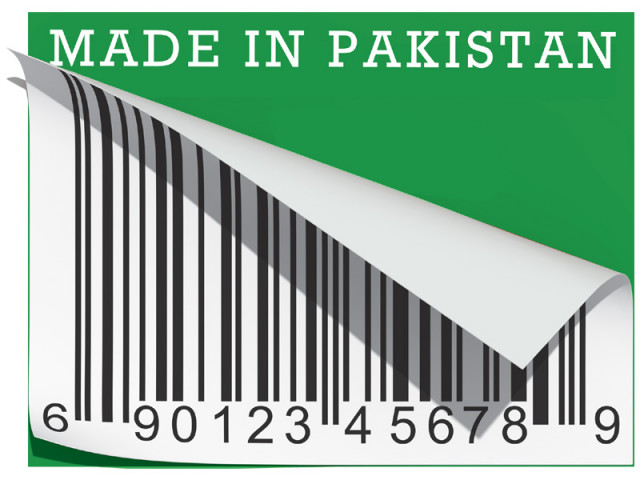Investment frontiers: Corporate Pakistan bets on growth in Africa
A majority of companies surveyed view the continent as a place of opportunity.

Corporate Pakistan is increasingly willing to bet on Africa, with a majority of companies saying they believe there are significant opportunities for investment in the continent.
About 55% of top corporate managers believe that Africa is a place of tremendous opportunity, with over 93% saying they expect opportunities for Pakistani businesses to trade with the continent to expand, according to a survey of over 200 companies across five cities, conducted by the Lahore University of Management Sciences on behalf of Barclays Pakistan.
The attitudes reflect a growing movement among Pakistani businesses to invest in Africa. Lucky Cement, the largest cement manufacturer in the country, is in the process of setting up its own $90 million cement plant in the Democratic Republic of the Congo. The Nishat Group, owned by Mian Muhammad Mansha, the richest man in Pakistan, is considering several projects in Ethiopia. Habib Group, the conglomerate that originally set up Habib Bank and now owns Bank AL Habib, has had a bank in South Africa since 1990 and has opened another bank – Habib African Bank – in Tanzania.
Pakistan is also increasingly trading with Africa. Exports to the continent reached $1.7 billion in 2011, and have been growing at an average of 15% per year for the past decade. South Africa, Kenya and Egypt are Pakistan’s biggest export markets in continent. Imports have grown even faster, at 18.7% per year for the past decade, to reach $1.4 billion in 2011.
The major export from Pakistan to Africa is rice, followed by cotton and cotton yarn and cement. Pakistan exported over $673 million worth of rice and over $108 million worth of cement to Africa in 2011.
Arsalan Nayeem, head of corporate banking at Barclays Pakistan, feels that while Pakistanis appear to be growing used to the idea of doing business with Africa, they are currently being too cautious. “For many exporters Africa is the final frontier, and the vast and diverse nature of the continent and its people can make the trading with Africa seem simply too much of a challenge. However, the infrastructure across many of Africa’s largest economies is improving rapidly,” he said.
Barclays vs Standard Chartered
As more and more Pakistani companies do business with Africa, the two foreign banks with the biggest networks on the continent – Barclays and Standard Chartered – have the most to gain. While Standard Chartered has a much bigger presence in Pakistan, Barclays is very clearly the giant in Africa and looking to aggressively capitalise on the advantage (of which the research report appears to be the first step).
“With nearly 48,000 employees on the ground in Africa, we are very well positioned to navigate our Pakistani clients around the challenges in the African markets based on the success of our global clients supplying to African companies,” said Shahzad Dada, the CEO of Barclays Pakistan, in a press release issued by the bank.
Both Barclays and Standard Chartered have a presence in 15 countries in Africa, and they both overlap in 10 of those countries. But Standard Chartered derives only 8% of its operating income from Africa and has little over £10 billion ($15.6 billion) in assets in the continent. Barclays, on the other hand, derives 14.4% of its income from Africa and has nearly £31 billion ($48.3 billion) in assets, according to its latest financial statements.
Having said that, Standard Chartered has been in Pakistan much longer (its predecessor bank opened its first branch in Karachi in 1863) and has over 150 branches in the country, as well as established relationships with virtually every major company in the country. By contrast, Barclays only began operations in 2008 and has only 15 branches in the country so far.
Published in The Express Tribune, June 27th, 2012.



















COMMENTS
Comments are moderated and generally will be posted if they are on-topic and not abusive.
For more information, please see our Comments FAQ